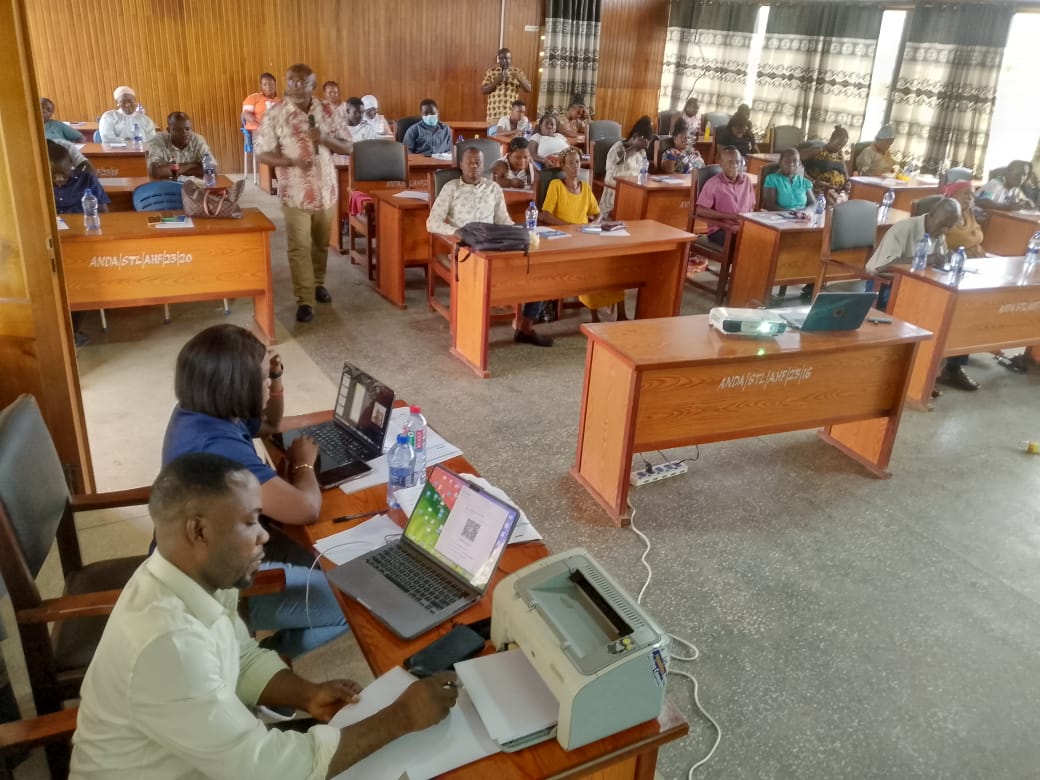The Center for Public Interest Law (CePIL) has trained some residents in mining communities in the Asutifi North District of the Ahafo Region on legal literacy and mining frameworks.
CePIL is a Non-Governmental Organisation (NGO) that works to pursue justice accessible and affordable to poor and marginalized communities and individuals.
It advocates and facilitates access to justice by poor communities against policies and actions (private and public), which adversely affect the interests of those communities.
The beneficiaries were selected from Ntotroso, Wamahinso, Kenyase Number One and Kenyase Two, as well as Damso, Tutuka and Dormaa-Kantinka, all mining communities within the Newmont Ahafo South Mine in the district.
CePiL in collaboration with OXFAM Ghana organised the day's training at Kenyasi, in the Asutifi North District capital and the participants comprise farmers, landowners and students.
Mr Augustine Niber, the Executive Director of CePIL took the participants through the Minerals and Mining Act, compensation process, as well as compulsory land acquisition for mining and mining rights licenses.
He also exposed them to the disbursement of mineral royalties, percentage terms, compensation negotiations as well as entitlement processes and the Minerals Development Fund.
Mr Kwaku Afari, a Technical Director at the WACAM, another NGO advised farmers in mining communities to ensure proper documentation of their farms, urging them to take stock, photos and videos of their crops as well as economic trees.
"Those are evidence that protects and guarantees you the due compensation whenever there is mining or concessional development," he stated.
Mr Afari cautioned the mining communities against the temptation of engaging in illegal mining practices, warning that the menace remained a serious offence punishable by law.
Some of the participants who shared their views, lauded the training which had deepened their understanding and enlightened them more on mining operations.
They took their turns to thank CePIL and its partners, describing the training as an eye-opener, saying it had truly empowered them.
Nana Stephen Acheampong, a spokesperson for the Damso farming community, urged the participants to go back and share the knowledge they had acquired to benefit others in their respective communities.
Story By:Christopher Tetteh,GNA
Edited by
Dennis Peprah/Kenneth Odeng Adade, GNA











































